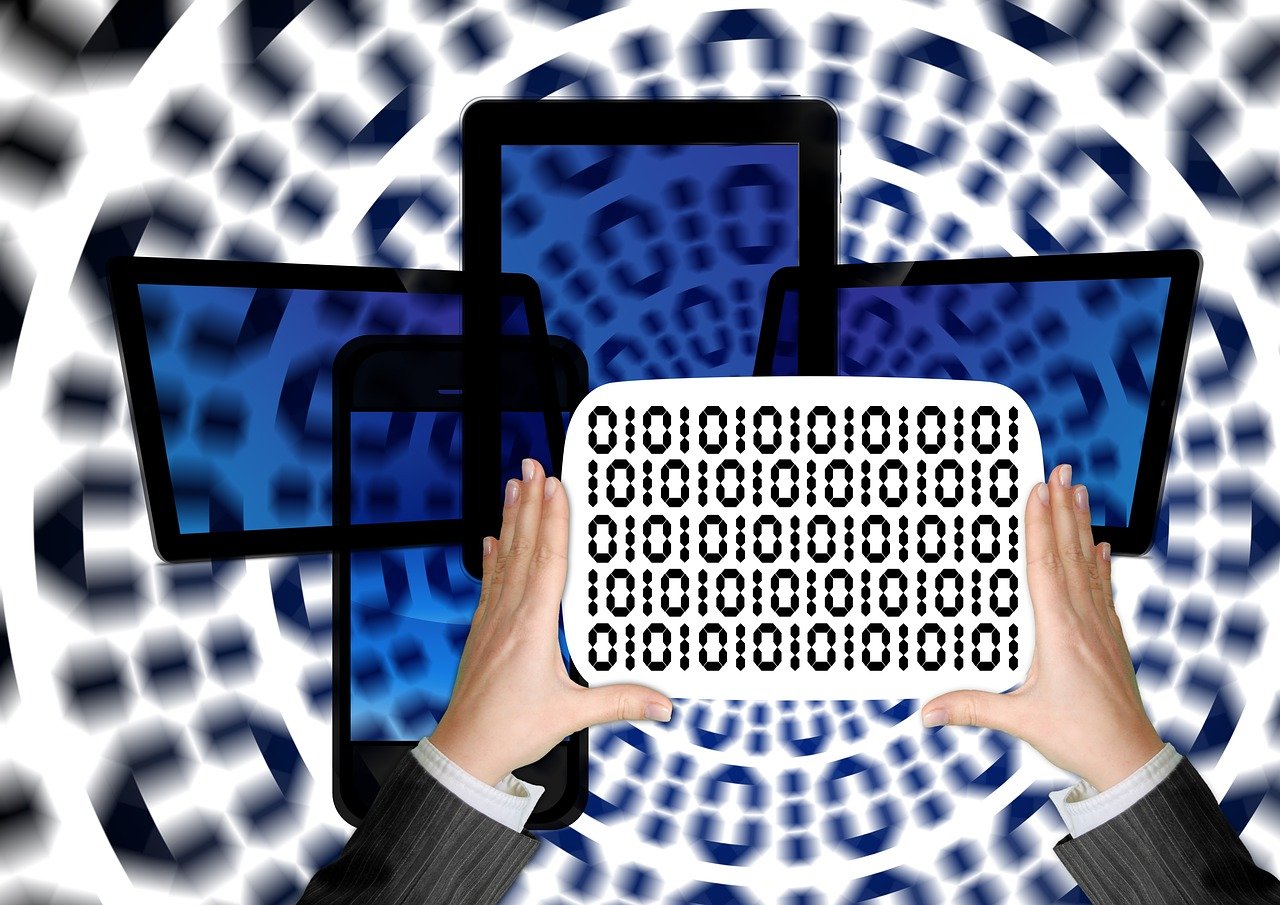PC Controllers and PLCs: Understanding the Differences and Similarities
PC controllers and PLCs are both important industrial control devices, but they have significant differences and similarities. PC controllers are typically based on a personal computer platform and use software to control and monitor processes, while PLCs are designed specifically for industrial automation and use hardware to perform tasks. Both devices can be used to control and monitor machines, but their approaches to doing so are different. PC controllers provide more flexibility and capability, but PLCs are simpler and more reliable. Understanding the differences and similarities between these two devices is essential for selecting the right one for a particular application.
In industrial automation, two important terms that are often used are PC controllers and PLCs (Programmable Logic Controllers). Both of these devices play crucial roles in controlling and managing industrial processes, but there are several key differences and similarities between them that are essential to understand.
Firstly, let’s talk about PC controllers. PC controllers, as the name suggests, are controllers that use a personal computer (PC) as the main processing unit. They typically consist of a PC with dedicated hardware interfaces and software applications that have been designed to control industrial processes. PC controllers are often used in more complex applications where the user needs a powerful processing unit to handle complex algorithms, data processing, and decision-making tasks. The main advantage of using PC controllers is that they provide a high level of flexibility and capability, as well as being relatively easy to program and use.

On the other hand, PLCs are Programmable Logic Controllers, which are designed to provide a more specialized and efficient solution for industrial process control. PLCs are typically used in applications where there is a need for high-speed, reliable, and cost-effective control solutions. They are built using a combination of hardware and software components that have been optimized for industrial process control tasks. PLCs can be programmed using a variety of programming languages and can be customized to meet the specific needs of each application. The main benefits of using PLCs are that they provide high performance, reliability, and ease of use.
Now let’s explore some of the similarities between PC controllers and PLCs. Firstly, both devices are used to control industrial processes, so they share some common features. For example, both devices have input/output (I/O) ports that can be connected to sensors, actuators, and other devices to monitor and control industrial processes. Additionally, both devices have processing units that can execute programs to control these processes. Finally, both devices have memory components that can store programs, data, and other important information.
Secondly, let’s talk about the differences between PC controllers and PLCs. One major difference is that PC controllers are based on general-purpose computers, while PLCs are designed specifically for industrial process control. This means that PC controllers have a wider range of capabilities but may not be as optimized for industrial process control as PLCs. Another difference is that PLCs typically have a more limited set of input/output ports compared to PC controllers, which means that they can only connect to a limited number of sensors and actuators simultaneously. Finally, there is also a difference in programming languages and tools used for each device. PC controllers typically use general-purpose programming languages like C++ or Python, while PLCs use specialized programming languages like Ladder Logic or Structured Text.

In conclusion, PC controllers and PLCs both have their own unique advantages and disadvantages that make them suitable for different applications. Understanding the differences and similarities between these two devices can help you choose the right device for your specific application needs.
Articles related to the knowledge points of this article:
The Application of Electronic Camshaft PLC Controller in Automotive Industry
PLC Controller No Signal: Reasons and Solutions
PLC Tension Controller Programming
DCS Controller and PLC: Understanding the Differences and Similarities
PLC Industrial Controller Debugging Pro: Tips and Tricks for Mastering the Art of Debugging